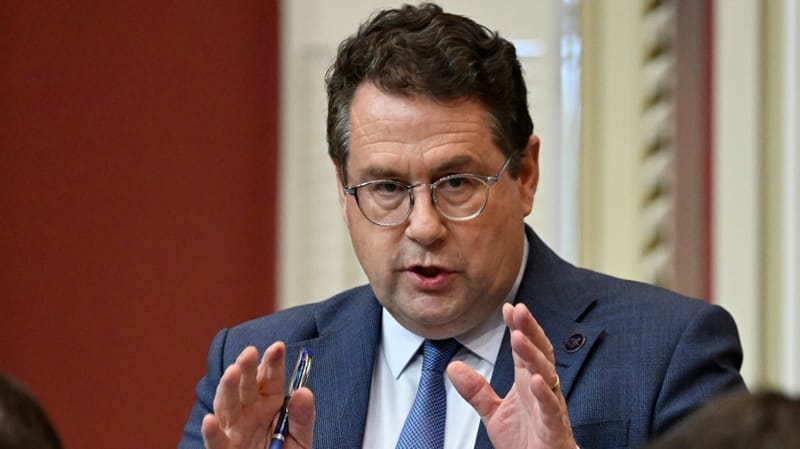Education unions filing labour tribunal complaint against Quebec over hiring freeze
Three ministers are specifically targeted in the complaint filed with the Administrative Labour Tribunal: Bernard Drainville (Education). Pascale Déry (Higher Education) and Sonia LeBel (Treasury Board).

The Centrale des syndicats du Québec (CSQ) has lodged a complaint against the Quebec government in response to a recruitment freeze implemented on November 1.
The CSQ argues that this freeze undermines union activities by preventing the execution of measures included in newly negotiated collective agreements. These measures were designed to address staffing concerns and provide stability for workers with precarious employment statuses.
Along with some of its unions and four federations—representing professionals and support staff at college, primary, and secondary levels—the CSQ is seeking compensation for punitive and material damages, though the exact amount has yet to be determined.
The complaint, filed with the Administrative Labour Tribunal, specifically names three government officials: Education Minister Bernard Drainville, Higher Education Minister Pascale Déry, and Treasury Board President Sonia LeBel.
Impact on Collective Agreements
The union organizations highlight that several provisions negotiated in recent agreements have been rendered ineffective due to the recruitment freeze. These provisions aimed to improve job stability for temporary staff, including transitioning precarious contracts into regular positions after a certain period.
“There are several articles in agreements affected where, professionals, support staff, we've tried to improve the lot of colleagues, including that a precarious contract can move to a regular contract after a certain time. Well, when you suspend that, you increase precariousness and put negotiated collective agreements on hold,” explained CSQ president Éric Gingras.
Effects on Less Visible Education Workers
The freeze particularly affects education workers who operate behind the scenes, such as storekeepers, specialized workers, administrative secretaries, and pedagogical advisors. While their roles may not be as publicly visible, Gingras emphasized that their contributions are essential to the overall functioning of schools and colleges.
“We see them much less, but the reality is that everything depends on everything in our schools and colleges. These are environments where one person's work influences another. And, in the end, if someone isn't there, it's the other person next door who does his or her job,” he said.
Concerns About Decision-Making Power
The complaint also raises concerns over the unilateral nature of the freeze, asserting that its duration is entirely subject to the discretion of the Treasury Board. According to the CSQ, this allows the government to alter the application of collective agreements without negotiation or input from union representatives, effectively diminishing the unions’ role as bargaining agents and undermining their credibility.
Call for Dialogue
Gingras expressed hope for a resolution without prolonged legal battles, urging the government to engage in discussions. “In an ideal world, we wouldn't even go to the Administrative Labour Tribunal; the government would back down. We're quite prepared, on our side, to see what the possibilities are. We understand that the government has an issue; we're ready to talk. But it can't do this unilaterally, and above all, it can't do it whenever it wants, under the pretext that it has a budget to prepare,” he stated.
The union continues to press for collaborative solutions while emphasizing the importance of honoring the commitments laid out in the collective agreements.





